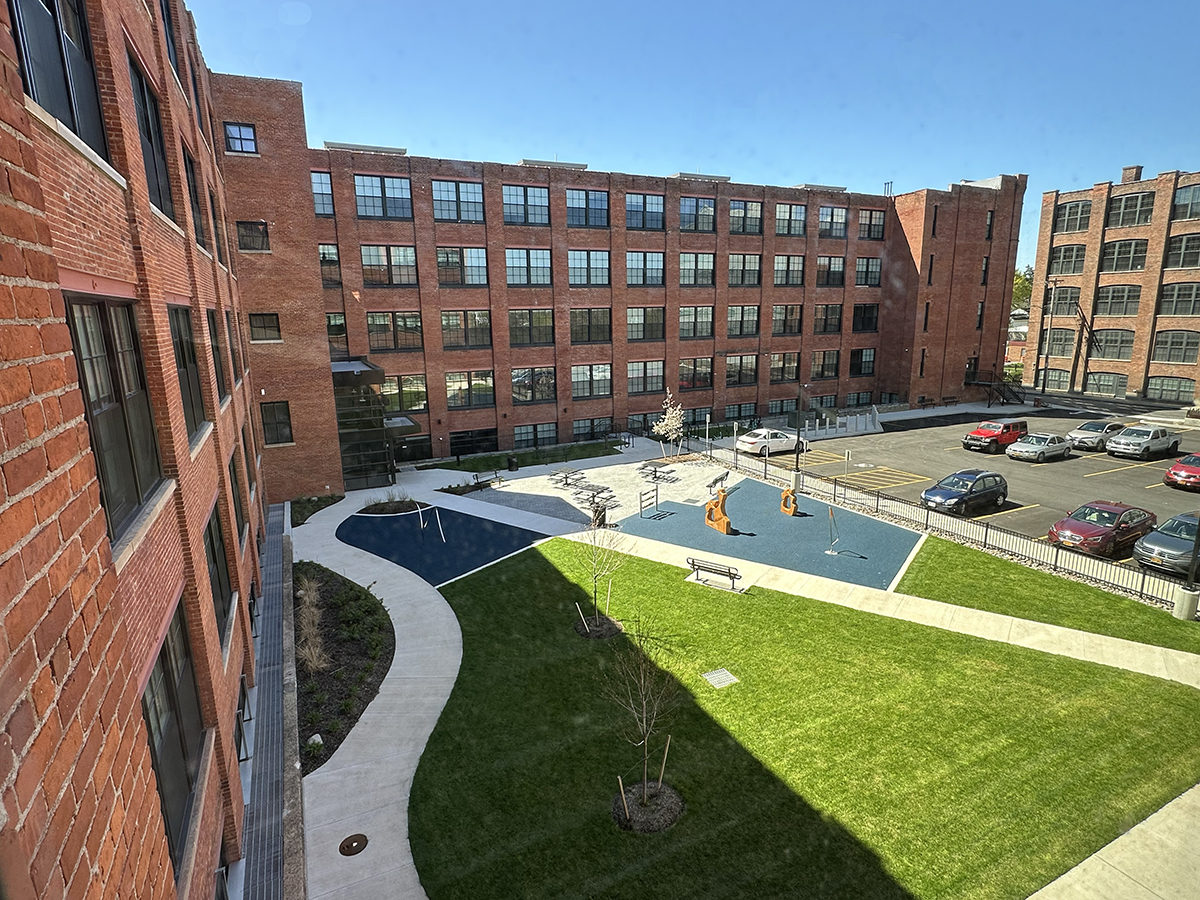Improving Multi-Dwelling Unit Internet Protection Via the Strategic Deployment of Virtual Private Networks

In the current digital world, guaranteeing the safety of internet connections is crucial, especially in Multi-Unit Buildings (MDUs) such as flat buildings and condominiums . Residents in these communal environments often link to the same network, which can render them susceptible to online threats. One effective way to enhance online safety in MDUs is through the tactical implementation of Virtual Private Connections (VPNs). VPNs establish a protected link over the internet, allowing users to safeguard their personal information and preserve confidentiality while browsing.
A VPN works by encrypting the data that travels between a client’s gadget and the web. This means that even if someone tries to intercept the data, they will not be able to read it. For inhabitants in MDUs, using a VPN can significantly diminish the threat of information breaches and unauthorized access to personal information. By coding their online data flow, users can navigate the web, stream videos, and communicate online without concern about cybercriminals or other harmful entities. This extra level of protection is especially important in environments where numerous people utilize the identical online link.
In safeguarding personal data, VPNs can also help residents access content that may be restricted in their region. Many streaming platforms and sites restrict entry based on location-based location. learn about this here now By using a VPN, users can connect to servers in different nations, enabling them to overcome these barriers and enjoy a broader range of online content. This feature can be particularly appealing to residents who want to access international information, entertainment, or educational materials that may not be available in their region.
Implementing VPNs in MDUs can also cultivate a sense of togetherness and confidence among residents. When everyone in a building uses a VPN, it establishes a more secure setting for exchanging data and assets. Residents can feel more comfortable utilizing communal connections for tasks like online banking or shopping, realizing that their information is protected. Additionally, building administrators can encourage the use of VPNs as part of their comprehensive security plan, helping to establish a safer living environment for all.
To conclude, the strategic implementation of VPNs in Multi-Dwelling Units is an effective way to enhance internet safety for residents. By coding information, providing entry to limited content, and fostering a feeling of togetherness, VPNs provide numerous advantages that can enhance the online interaction for everyone. As online dangers continue to evolve, it is crucial for residents and property managers to emphasize online security and evaluate the advantages that VPNs can provide. Embracing this technology can result to a safer, more connected residential space for all.